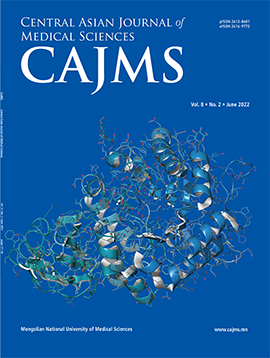Benefits of Fiscal Policies on Sugar-Sweetened Beverages
DOI:
https://doi.org/10.24079/cajms.2017.11.003Keywords:
Obesity, Overweight, Beverages, Carbonated Beverages, Fiscal Policy, TaxesAbstract
Objectives: Overweight, obesity, and their associated chronic diseases have become prevalent in many developing countries in Asia, defining them as major public health issues. One of the main contributors to overweight and obesity is the consumption of sugar-sweetened beverages (SSB). In this article, we reviewed the latest literature examining the benefits of a SSB tax. Methods: A systematic literature review was conducted on: (i) policy documents and government reports to examine the current applications of SSB taxation; and (ii) published studies on price elasticity of demand (PED) of SSBs to examine the health and economic benefits of SSB taxation. Results: Articles included in our review have used or estimated negative PED, ranging from -0.63 to -1.3, and have shown an associated decrease in BMI and prevalence of overweight and obesity. Conclusion: Most studies so far have focused on the health and economic impacts of SSB taxation among high- and upper-middle income countries. Further research is needed to understand the impact of SSB taxation on lower-middle and low-income countries, which are facing comparable, if not more serious, obesity and overweight threats.
Downloads
298
Downloads
Published
How to Cite
Issue
Section
License
Copyright (c) 2017 Mongolian National University of Medical Sciences

This work is licensed under a Creative Commons Attribution-NonCommercial 4.0 International License.




